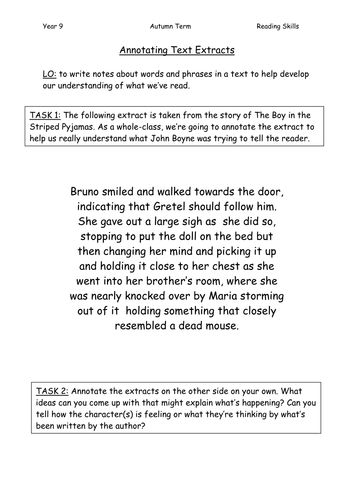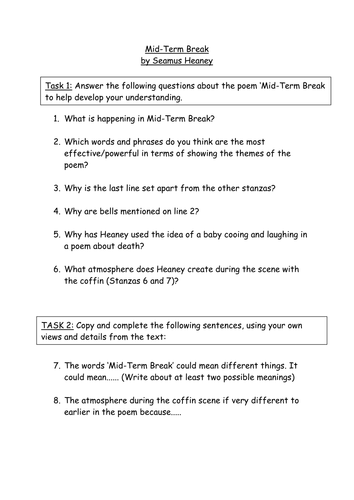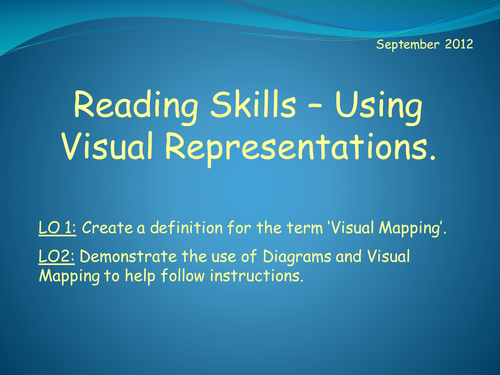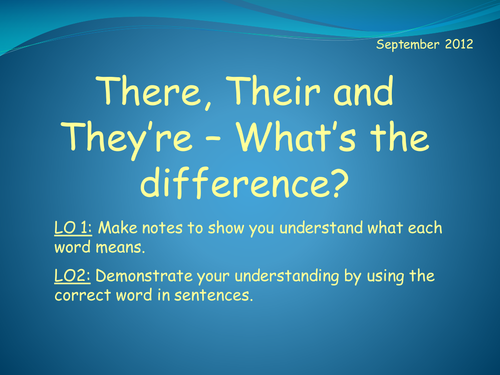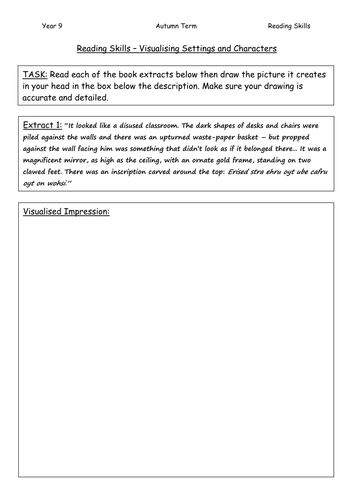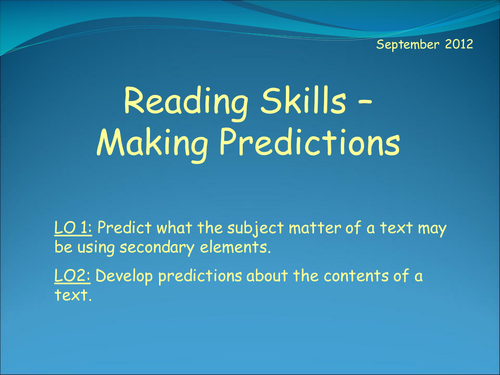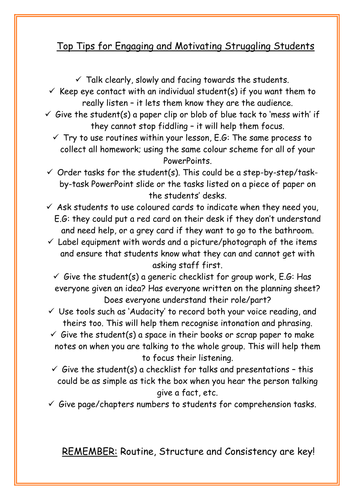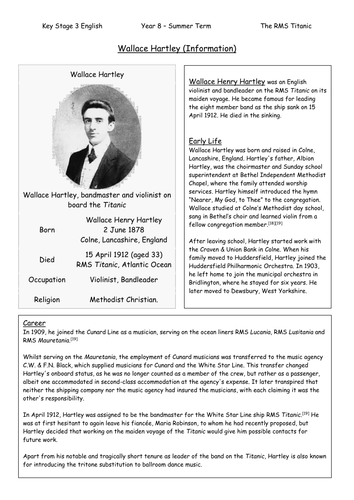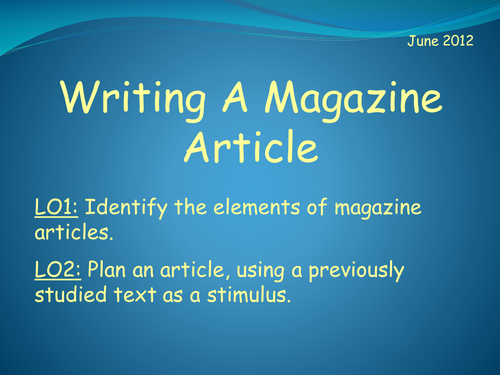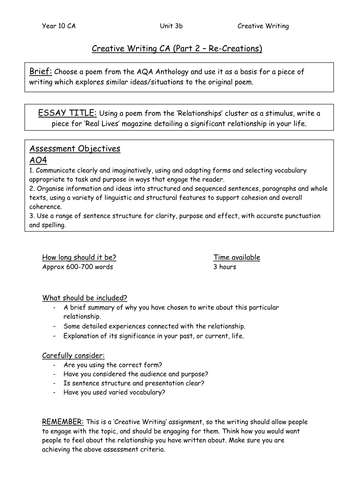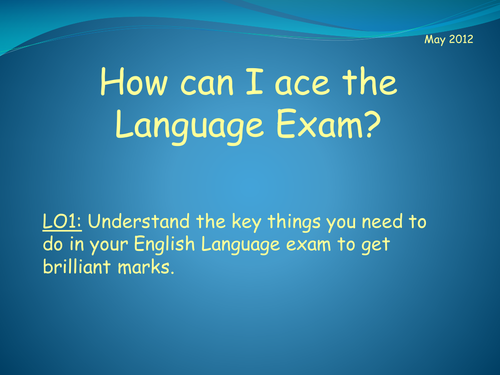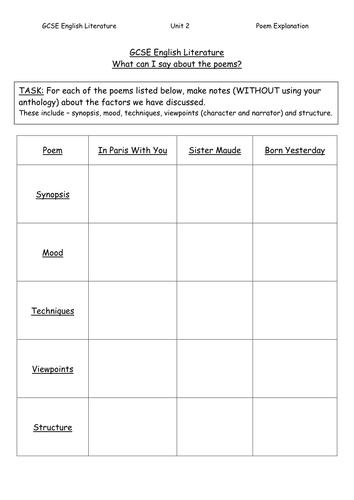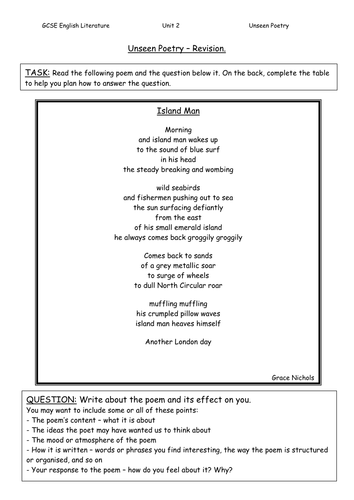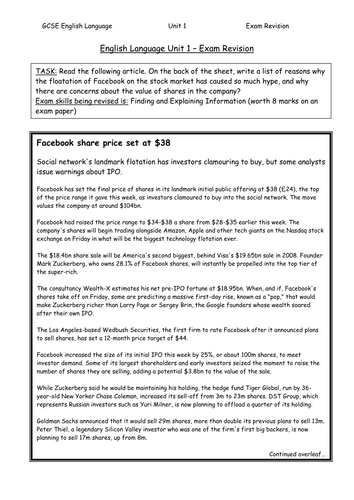Sazo123's English Shop
Hi, I'm Sarah, and I've been teaching for over a decade. I graduated in 2006 with a degree in Primary Education, but have taught in both Primary, Secondary and FE settings. My resources are primarily aimed at students aged 9-16+, and are mainly resources to be used in English lessons. I try to make resources that can be easily adapted for all types of abilities and ages. I hope you find my resources useful. Please feel free to leave me feedback on my resources - I'd love to hear your thoughts!


